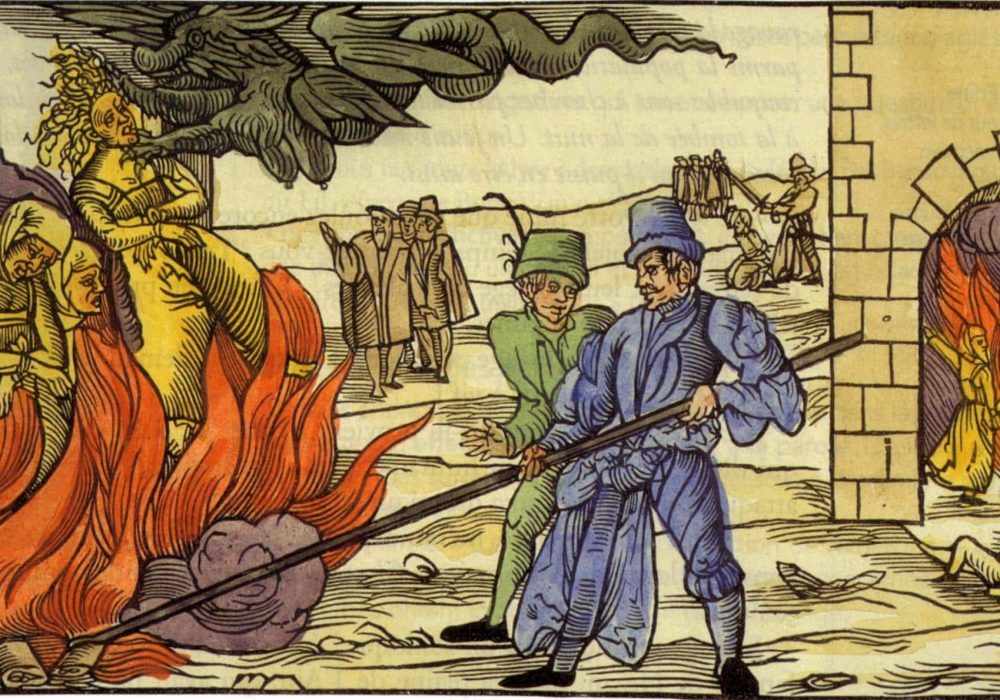The Inquisition is a subject of much cultural fascination, invoking images of book burnings and gruesome executions. Yet these were only a small part of the activities of a vast and complex organization, involved in many subtler aspects of society, from the regulation of prostitution and homosexuality, to the development of copyright, to prescribing differences between elite and lower class education. This panel of experts on the history of the Inquisition will discuss the realities behind the myths about this vast effort at information control, torn between many different goals and powers, and staffed by members who were often scholars or scientists themselves.

